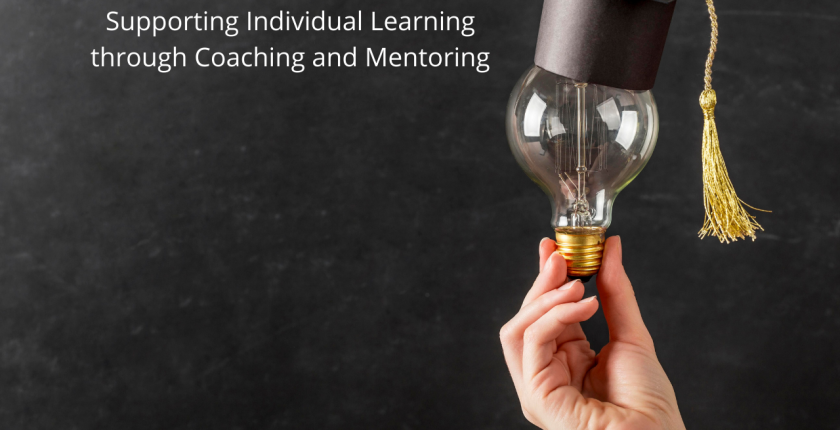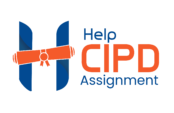3LCM Supporting Individual Learning through Coaching and Mentoring
- August 27, 2021
- Posted by: admin
- Category: CIPD Level 3

As HR professionals strive to improve their skills, coaching and mentoring play a key role in their empowerment. 3LCM focuses on things that should and need to be accomplished. The learners are expected to assume the role of the HR manager and demonstrate and put into practice the coaching and mentoring culture. There are some similarities and differences between mentoring and coaching. They both aim to improve an individual’s competence and ability, be it from a career standpoint or other aspects of their lives.
In contrast, coaching provides training to a group or an individual to impact skills or personal development. The plan focuses on specific objectives that need to be met within a given timeframe. Its primary concern is performance and developing specific skills.
In contrast, mentoring is a long-term relationship between an individual and a mentor, primarily assisting them in their lives or careers. It is intended to impart wisdom, knowledge and apply skills and experience to new processes. In coaching and mentoring, there are two main models and techniques:
- GROW Model, which stands for Goal, Reality, Options, and Will.
- OSCAR Model, which stands for Outcome, Situation, Choices, Action, and Review.
Benefits of coaching and mentoring to the learners.
- Enhances management-employee relationships and engagement
- It allows employers and employees to exchange ideas and sensitive information.
- It increases employees’ confidence when faced with challenges
- Enhances productivity and job performance in an organization
- Develops and improves essential skills for managing effectively
- Enhances self-awareness, career opportunities, and opportunities for advancement
- Encourages employees to embrace and adapt to change
- Employees feel valued and are a part of the organization
- Strengths of organizations and individuals can be identified through it
- Empowers individuals
This course will teach students different types of coaching and mentoring based on target audiences.
Types of coaching that students will learn include:
- Executive Coaching. Assists executives, directors, managers, and high potential employees in unlocking their potential, reaching their goals, and developing self-awareness
- Leadership coaching. Designed for business leaders to help them better utilize their leadership skills.
- Career coaching. Clients who need assistance managing their learning and work journeys of life can benefit from this service.
- Business coaching. In this section, business owners define their mission and vision for their business and how their business aligns with their personal goals.
Different coaching methods are used for different target groups, depending on the purpose and type of facilitator. Coaches are responsible for establishing a mutually beneficial relationship with clients and identifying their strengths and weaknesses to obtain a successful coaching outcome. In order to achieve the targeted outcome, the coaching process is divided into four major stages. The stages are as follows:
- In this stage, the coach and client agree on each team’s expectations and the terms to be used.
- At this point, the coach will determine how many sessions they will need to conduct the process.
- In the third stage, the actual coaching takes place with all the necessary tools.
- In this fourth and final stage, all Contracting terms are met, and the entire process is complete.
The mentoring process must be appropriately prepared and planned. In this section, you are required to define your role as a mentor, where your primary role should be providing guidance, advice, and support. For mentoring to be successful, a mentor must apply mentoring techniques that include:
- Listening actively to the client
- Asking open-ended questions, e.g. What? How? When? Where? Who? Why?
- Thanking clients for their inquiries
- Keeping a personal quality profile helps lift the self-esteem of a client who suffers from low self-esteem.
- Brainstorming
- Analysis of field data to help determines the legitimacy of a course of action.
- Creating career scenarios to generate ideas for meetings.
Learning objectives
After completing this unit, learners will be able to:
- Analyze how coaching and mentoring differ
- Explain what Coaching
- is and how it works
- Explain what mentoring is and how it works
- Know the models used in coaching and mentoring
- Know how to use the different techniques
Wrap Up
Coaching and mentorship is a course unit that promotes professional development for people professionals through the assistance of highly experienced professionals. Mentorship and coaching programmes are designed to support learning and growth. After completing this course, professionals recognize how important it is to implement coaching and mentoring programmes to support younger employees.


